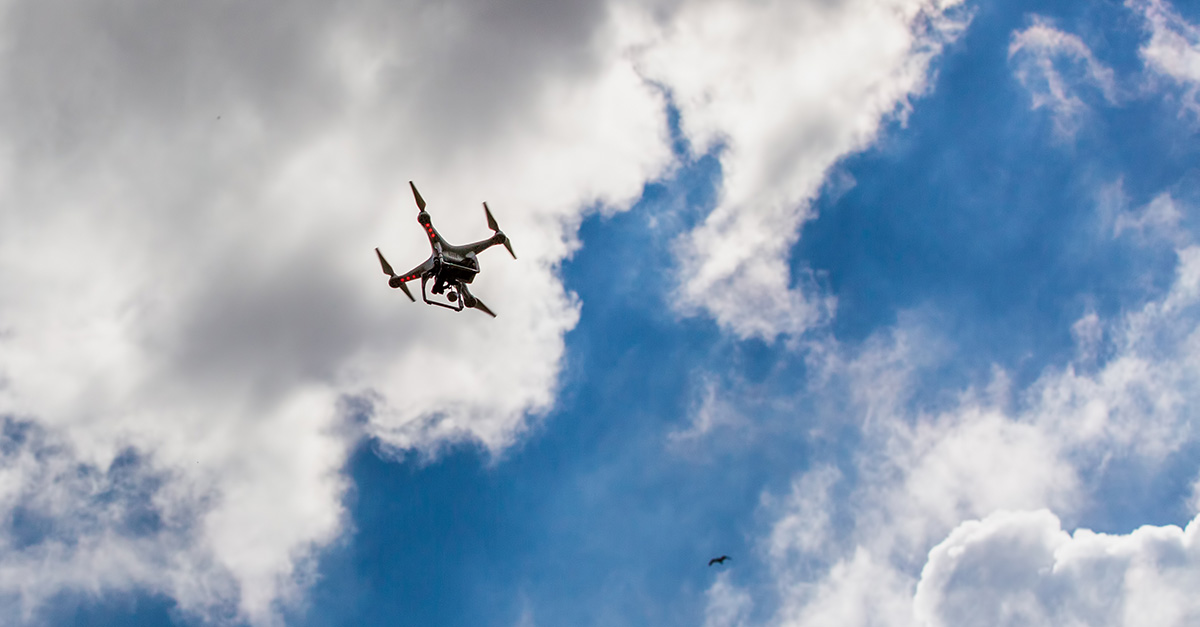
May 16, 2018
The U.S. Department of Transportation (DOT) recently named 10 state, local and tribal governments that have partnered with industry stakeholders to conduct flight tests as part of the Unmanned Aircraft Systems Integration Pilot Program (UAS IPP).
Announced last year, the three-year program pairs private stakeholders with public entities to address technical, regulatory and policy challenges in scenarios that fall outside the scope of FAR Part 107 regulations governing commercial UAS operations.
The 10 approved participants are: the Choctaw Nation of Oklahoma; the city of San Diego, CA; Virginia Innovation and Entrepreneurship Investment Authority; the Kansas Department of Transportation; Lee County Mosquito Control District in Florida; Memphis-Shelby County Airport Authority in Tennessee; North Carolina Department of Transportation; North Dakota Department of Transportation; City of Reno, NV and the University of Alaska-Fairbanks.
Under terms of the program, these governmental entities partnered with a variety of industry stakeholders to research use of UAS for missions including aerial photography, emergency management, public safety, precision agriculture and infrastructure inspections. Many of these test flights will be conducted under complex, low-altitude conditions, including beyond visual line-of-sight and nighttime operations.
Heidi Williams, NBAA’s director for air traffic services and infrastructure, noted DOT ultimately doubled the number of approved entities in the UAS IPP following a high level of response from interested participants.
“NBAA strongly believes that engagement between governmental entities and industry, under FAA oversight, is an excellent process that brings all critical stakeholders to the table to work toward utilizing UAS on important missions, while also working to integrate unmanned aircraft into the national airspace system,” she said. “The DOT obviously felt these key partnerships would be beneficial to that process.”
UAS represent a significant opportunity for many business aviation operators, which is why NBAA remains deeply engaged in a number of UAS rulemaking committees, as well as the RTCA drone advisory subcommittee, working towards the development of sensible regulatory policies governing commercial UAS operations.
Additionally, NBAA’s UAS Subcommittee, under the NBAA Business Aviation Management Committee, is developing a variety of resources for current and future UAS operators, including guidance for when a certificate of waiver should be requested, or when operations fall within the normal scope of Part 107.


 International Business Aviation Council Ltd.
International Business Aviation Council Ltd.